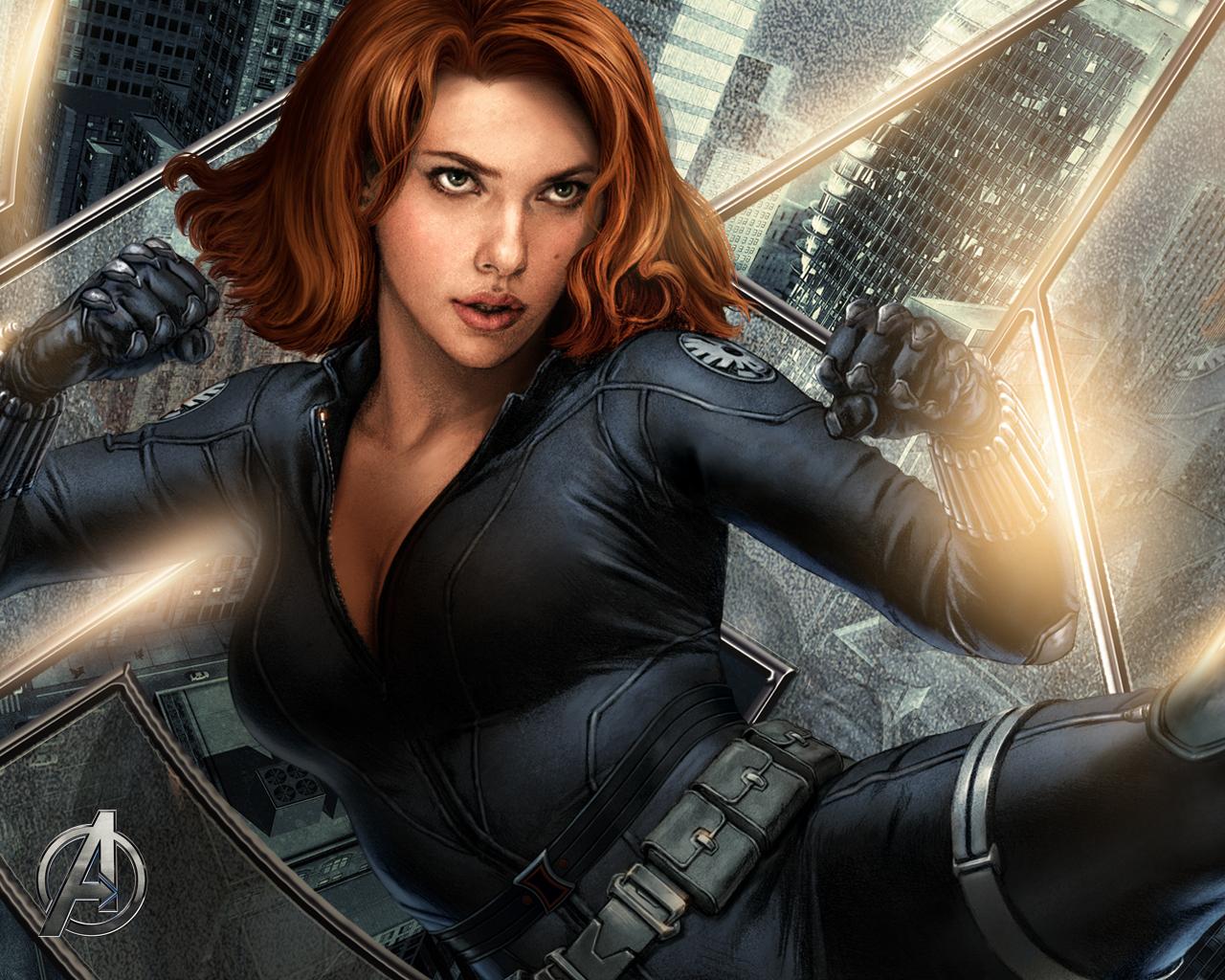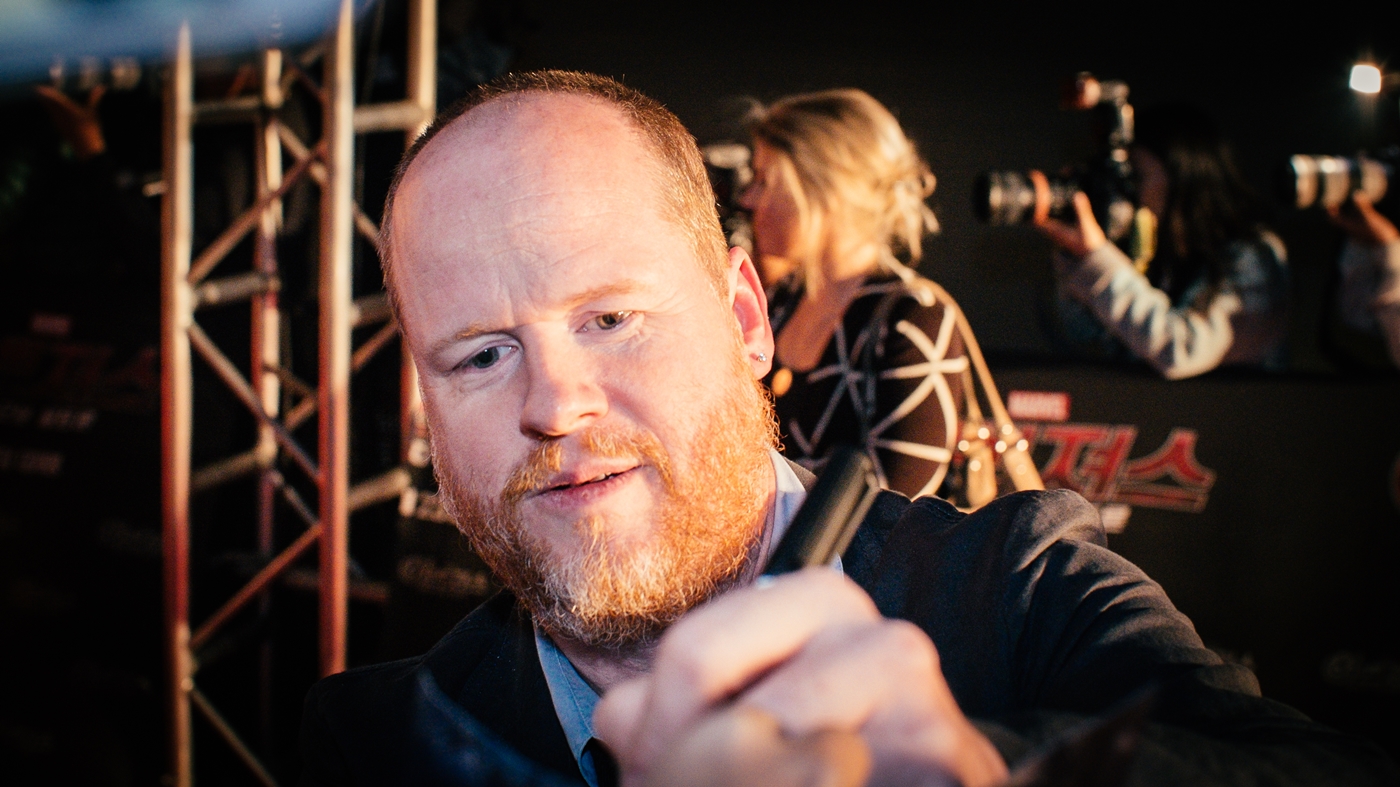Director and Writer Joss Whedon Talks Buffy, Avengers, Twitter and More
Questions compiled by: Rachel Maples, Vivian Giang, Antoinette Georgy
If Joss Whedon had a superpower, what would it be? Would it be the ability to fight vampires, fly, or maybe even super strength? On the contrary, I think Whedon already has his superpower: the ability to juggle millions of projects. He’s a director, writer, comic book author, a father, and husband. However, arguably his most influential role title is feminist. Whedon single-handedly led a generation of devout fans to an uncharted dimension: Whedonverse. A place where the little blonde girl who gets attacked in every horror movie doesn’t scream into the night but, against all odds, fights back. She transcends a stereotype too often perpetuated in mainstream television and rooted in a patriarchal desire to save the damsel in distress. With sharp puns and even sharper stakes, Buffy the Vampire Slayer, imprinted itself in the psyche of young girls who are capable of more than what the prevailing social construct would allow. Girls who grew up watching Buffy transformed into women, breaking free from a rigidly defined mold by becoming strong, capable, independent, and most importantly, leaders. It’s been a little over eighteen years since Buffy the Vampire Slayer first graced our television screens; however, its mark on television has stood the test of time.
With television shows like Buffy the Vampire Slayer, Angel, Firefly, and Dollhouse that feature strong kick-ass women, writer and director Joss Whedon has become a prominent feminist icon. His female heroines embody something missing in the entertainment industry: multidimensional female characters. Multifaceted female characters that are gay, straight, poor, smart, or strong. Women we can identify with. He created fantastical realities of vampires, superheroes, and most of all equality. When constantly asked why he writes strong female characters, he famously responds, “Because you’re still asking me that question.” However, his achievements don’t go without criticism. His work has been criticized as being racist; seldom representing people of color, as well as misogynistic, and other problematic tropes.
Today Joss Whedon sets out to inspire a whole new generation of young moviegoers in Marvel’s Avengers: Age of Ultron, with his own take on classic female characters like Black Widow and and Scarlet Witch. I recently had the pleasure to catch up with Whedon over the phone to discuss all things Whedonverse, the upcoming Avengers and even Twitter.
FEM: Because of Netflix and other online streaming sites, Buffy has reached an entirely new generation of fans. Do you think Buffy can still relate to people today?
Joss Whedon: I hope so. The stories are meant to be timeless. Stories we need to still hear. So I think, hopefully, yes.
FEM: I have friends that have watched six years worth of television in six days. As a creator, how does that make you feel?
JW: It’s different. Before it used to be we get one shot. We’ve now entered this age of binge watching. I like the idea of people watching it at their own pace and taking what they need from it.
FEM: There has been much criticism online that you don’t feature many POC in your work, what is your response to that?
JW: Probably true, I could do better. My priority has always been gender and gender equality on the feminist front. But that goes without exception.
FEM: You’ve made many projects after Buffy, but nothing has really gained as much success as Buffy did. What do you think it is about Buffy that really resonates with fans?
JW: I think it’s pain. She deals with all this pain and she goes through so many struggles. Sarah [Michelle Gellar] really brought a lot to the table with her talent. And then there’s this story of a female hero that really wasn’t being told during that time. It was this mission statement of destiny that not enough people were telling.
FEM: If Buffy was around in today’s world, what are some issues do you think she would deal with? (i.e. social media, etc.)
JW: Twitter!!! (laughs) But I actually think it would be very similar. With the exception of the phones and computers, it would be very much the same. The stories in show are timeless that still relate to people today. It’s the metaphor about fighting demons everyday that people still face.
FEM: You’re really active on Twitter. Do you ever feel like you have to hold back?
JW: Oh yeah! They would have to kill me if I tweeted everything that came to mind (laughs). I learned that Twitter is a fun exercise, a little artform, and a deadly hobby.
FEM: We live in a generation where sexism and misogyny has taken on new forms. What is your reaction when you go on Twitter or other websites and see all these harsh comments and threats directed towards women?
JW: It’s a period of crisis. I see it from people that are “civilized” and “progressive.” It’s very weird and unsettling. People live in this vacuum online where they think that anything goes.
FEM: Anita Sarkeesian, founder of Feminist Frequency, has been very vocal about the treatment of women online. She recently gave a speech at Sydney Opera House’s 2015 “All About Women.” Why do you think people are hesitant to believe her, and many other women?
JW: It’s difficult for people to step outside themselves. People have a tendency to disregard what isn’t in their reality. If they’re not experiencing it, then it’s not happening. Human traits are less and less forgivable. People need to understand that this is always happening and it needs to be dealt with.
FEM: Your children have your wife’s last name, what went into making that decision?
JW: My wife was just like, “I’m the primary caretaker while you’re working; I pick them up from school, et cetera. It’s just easier.” We were also just like, why do we need to conform to patriarchal traditions? We weren’t really feeling like using the hyphen. It also allows them to have their own identities.
FEM: What is your view on the continuing objectification of Black Widow even after her pivotal roles in Avengers and Captain America: The Winter Soldier?
JW: She’s gonna be objectified, but in a way that isn’t offensive. There’s a fine line between objectification and identification. Pure objectification is where the character loses their integrity and we don’t want that to happen, but both the women and men will always be sexy. So there’s a little objectification.

FEM: From the trailers for Age of Ultron, it looks like we may be delving into Black Widow’s backstory. How will her role in Ultron affect people’s opinions of her? In other words, what new aspects of Natasha may we expect in May?
JW: It will be interesting to see. She has [Bruce] Banner and that’s making some people crazy. I think they’ll see why I see them as a good fit. Clint [Barton] also has a secret so it will be interesting to see.
FEM: Another new female hero in Age of Ultron is Scarlet Witch, who is arguably one of the most powerful Marvel characters of all time. Given this, how did you approach her role in Ultron? Did you draw inspiration from any of your previous female characters?
JW: I mean she’s been around for a while. We had to reinvent her. She has a legitimate beef with the Avengers and she can play both sides. She has a journey to power.
FEM: Any interest in working on the Captain Marvel movie? You recently told Buzzfeed News that Captain Marvel may be a bit too “driven” of a character for you. Second thoughts?
JW: I honestly think I just need to make something of my own. I have some dark stories in my brain.
Avengers: Age of Ultron premieres Friday, May 1st.





